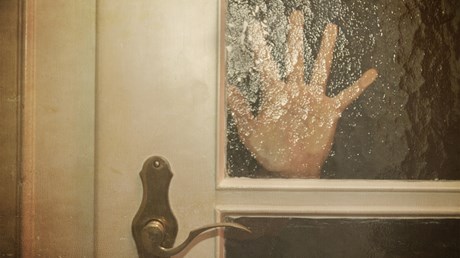A sociologist looks at the data on domestic abuse against women.

As a sociologist who studies family and marriage trends, I predict that in the coming years, we’ll see a growing wave of mainstream media and academic stories contending that religion, especially evangelical Christianity, hurts women, children, and families. These stories will be framed around one key question: Is faith a force for ill in family life—from marriage in general to domestic violence in particular?
In recent years, the question has focused especially on spousal abuse against women.
For example, the Australian Broadcasting Corporation (ABC) recently published a report titled, “Submit to your husbands: Women told to endure domestic violence in the name of God.” The subtitle, too, issued a similar claim: “Advocates say the church is not just failing to sufficiently address domestic violence, it is both enabling and concealing it.”
The series, which set off a firestorm between defenders and critics, exposed numerous cases of battered Christian wives who had been neglected or let down by their pastor or Christian counselor. Spotlighted by both ABC’s online and television coverage, the story left the impression that some evangelicals’ support for gender traditionalism and male headship set the stage for abusive behavior. Although it ran in a major outlet half a world away, the story is suggestive of the kind of coverage that is likely to become more common here in the United States.
This story and others like it, however, underscore common misperceptions about how religion impacts male behavior in marriage.
So, what does the science tell us? Are some forms of evangelical Protestantism bad for marriage and “good” at fostering domestic violence?
The answer is complicated, …
Source: Christianity Today Most Read